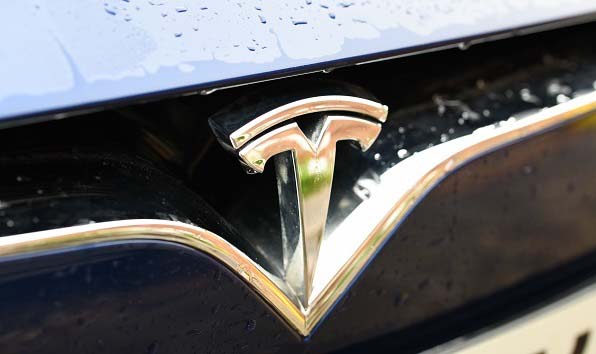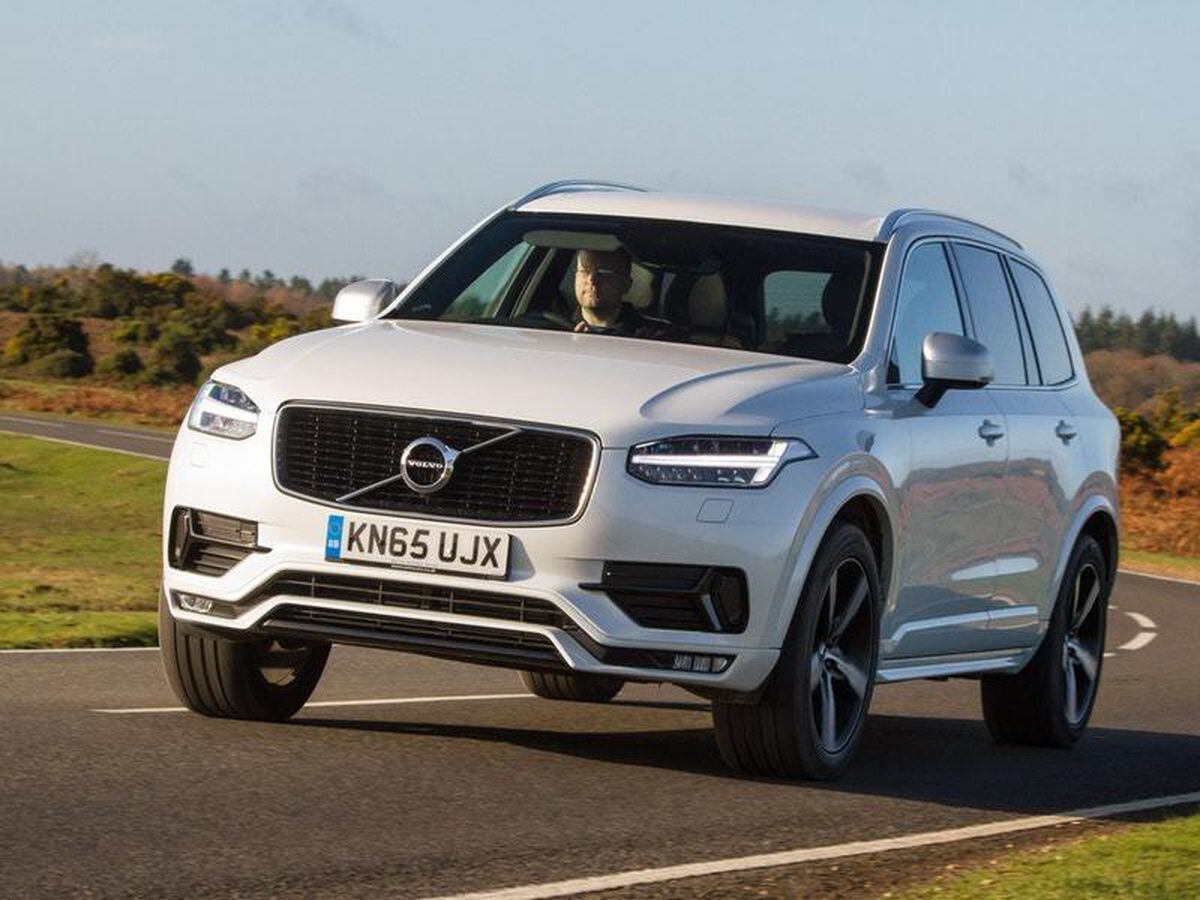With the release of Tesla’s Q1 2021 Vehicle Safety Report, Chief Executive Elon Musk says that Autopilot is nearly 10-times safer than the “average vehicle.”
According to the report:
In the 1st quarter, we registered one accident for every 4.19 million miles driven in which drivers had Autopilot engaged. For those driving without Autopilot but with our active safety features, we registered one accident for every 2.05 million miles driven. For those driving without Autopilot and without our active safety features, we registered one accident for every 978 thousand miles driven. By comparison, NHTSA’s most recent data shows that in the United States there is an automobile crash every 484,000 miles.
The numbers improved over Q4 2020, which represented one accident for every 3.45 million miles driven.
“Tesla with Autopilot engaged now approaching 10 times lower chance...
Continue reading...
Last edited by a moderator:




